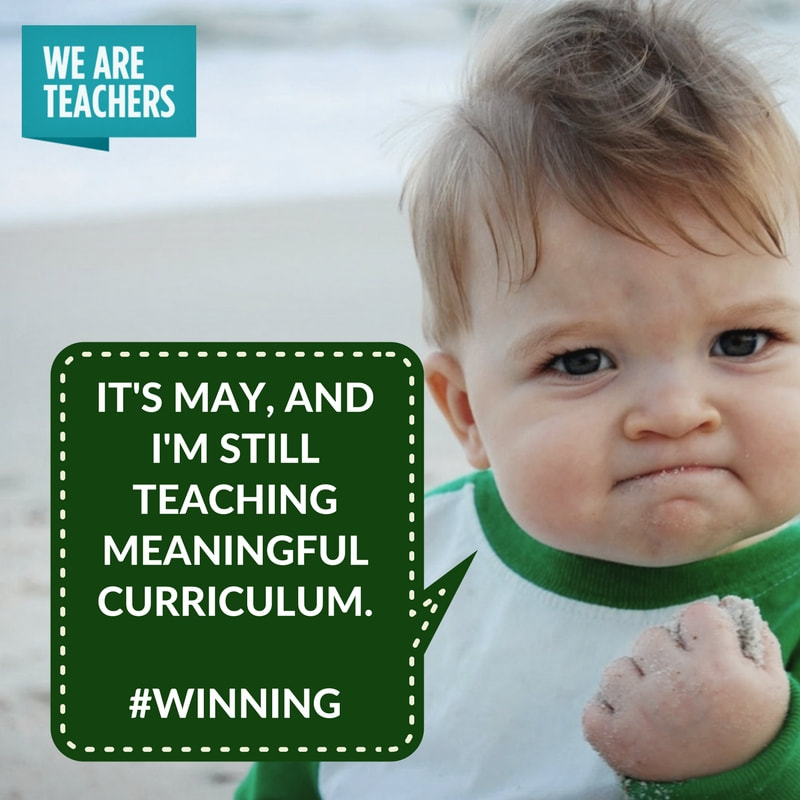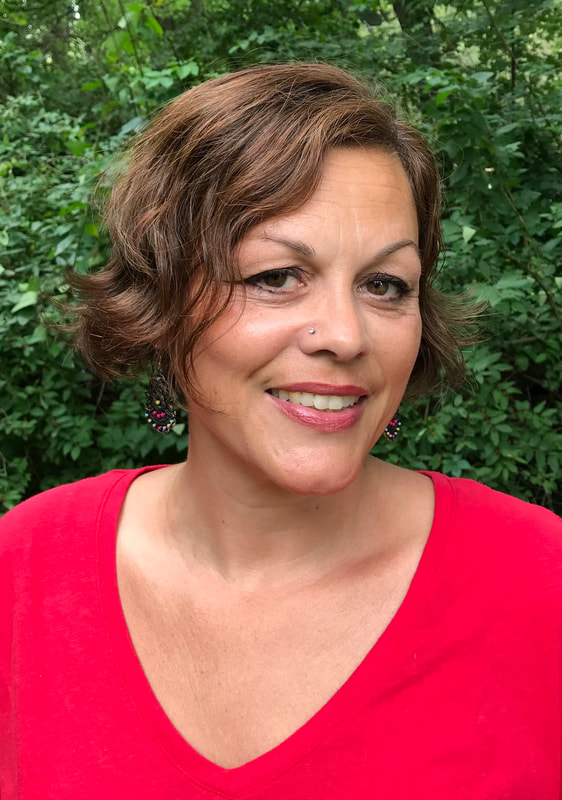 I can't believe that there are only 14 days to go. So close, yet so far! May has been a nonstop whirl of events and driving kids places, hence the lack of posts. In honor of Mother's Day and Teacher's Appreciation Week, I'm posting an article that was recently published in our local newspaper, the Hampshire Gazette, about the experience of writing with my mother. Almost five years ago, I started blogging as a way to commemorate my twentieth year of teaching.My blog was a way to reflect on my practice. I wrote about the mundane, the funny, the serious, and the frustrating aspects of teaching and education. Though when I graduated from college, I was sure that I didn’t want anything to do with teaching, twenty years later I found the outlet of blogging helped motivate me in the classroom. Then, one day, I was offered the chance of a lifetime when my mother, a lifelong educator, asked me if I wanted to write a book with her. I was elated and nervous; my mother is my biggest fan but also had already published numerous books about education and has had an illustrious career in academia. This was an opportunity I could not pass up. The result was our book, Teaching, A Life's Work: A Mother–Daughter Dialogue. It was a daunting task at first. Fortunately, my mother had been through this process many times and guided me in her confident but gentle manner. She taught me how to lay out the table of contents and work from there. I taught her how to use Google documents, an invaluable tool for this sort of collaboration. Also, years of writing for an audience, through working with the Western Massachusetts Writing Project and blogging, helped me feel comfortable with the thought of writing for a larger audience. We wrote from our own perspectives as teachers/teacher educators, checking in with each other as we wrote. When we began the process almost two years ago, my mother was still busy speaking at conferences and universities, editing her own series of books, writing forewords for other academics’ publications, and more. I was embarking on a two-year stint as a halftime administrator and halftime ELL teacher, and was raising (still am raising), along with my husband, three teenagers. We knew that in order to get chunks of writing done, we had to get away. However, we couldn’t be gone for long periods of time, and we couldn’t go too far away. We took a series of mini writing retreats, starting in August of 2017 in Brattleboro, Vermont. We fell into a routine: we worked steadily starting early in the morning (though not too early!), stopped for lunch and an afternoon nap, then continued writing until it was time for a pre-dinner drink and an enjoyable dinner. In this manner, we worked our way through the book’s chapters in Brattleboro, Hartford, New York City, and the Berkshires. When we were home, we also took long mornings to work at local cafes, or to work at my mother’s dining room table. One morning, we sat in her dining room to complete our “talking chapter” (a format popularized in a terrific book by Ira Shor and Paulo Freire in 1987), where we posed questions about education to each other over a cup of café con leche, and we recorded our answers, to be transcribed later. Our book was released in late January of this year. When I received my copy, I was a little numb from disbelief. As someone who loves to write, it was a dream of mine to publish a book one day. I never thought it would be a nonfiction book about education and teaching; I always saw myself as a writer of fiction. It was, nonetheless, a thrilling moment for me. People love to ask me, “What was it like to write with your mom? Did you fight?” I inevitably respond, at the risk of disappointing people, “No - not at all.” It’s true. We discussed, reflected, questioned, advised, recommended, and edited each other, but we never argued. We’re lucky to already have a strong, perhaps unique mother-daughter relationship, and writing a book together only strengthened it. Recently, I was at a conference with my mother, and I attended a session at which she presented along with other “elders” in the academic community, and their views on the future of education. After listening to the speakers in this presentation, I felt humbled. In public education, old ideas are constantly being brought back and touted as new, or completely new ideas and policies are thought up, ostensibly by people who sit in cubicles, and not teachers who are actually in classrooms. Instead, perhaps we should take the time to really listen to our elders, and draw from their collective knowledge and experiences. Writing this book with my mother allowed me to do just that. I learned from her and with her, and in the process, spent much valued time with her - something I will never regret.
3 Comments
|
|

 RSS Feed
RSS Feed
